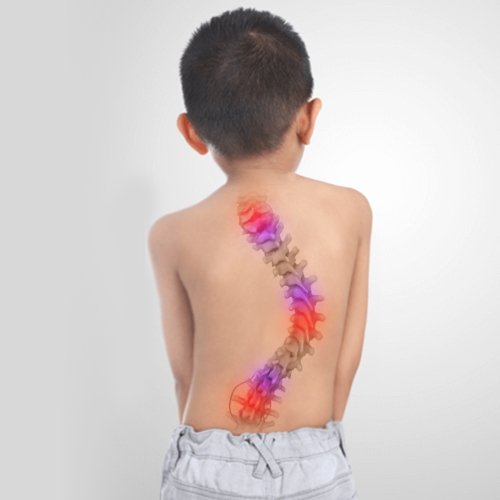Experience Effective Relief with Lumbar Open Microscopic Discectomy for Disc Herniation
Introduction:
When it comes to spinal surgery, Lumbar Open Microscopic Discectomy is a widely recognized procedure that offers effective relief for individuals suffering from herniated discs and associated back pain. In India, renowned spine surgeons specialize in performing this surgery, utilizing their expertise to provide optimal outcomes for patients. In this article, we will explore the key aspects of Lumbar Open Microscopic Discectomy, including a comparison with endoscopic microdiscectomy, surgical duration, the procedure itself, recovery process, and the advantages of micro lumbar discectomy. Let’s delve deeper into these topics.
Endoscopic Microdiscectomy vs. Open Discectomy:
Both endoscopic microdiscectomy and open discectomy are surgical procedures employed to address herniated discs in the lumbar region. Endoscopic microdiscectomy involves the use of a tiny camera and specialized instruments to remove the herniated disc material, whereas open discectomy requires a larger incision. While endoscopic microdiscectomy offers certain advantages such as smaller incisions, reduced scarring, and faster recovery, open discectomy is often preferred for complex cases or when direct visualization is necessary. Your spine surgeon will evaluate your condition and recommend the most suitable approach based on individual factors.
How Long Does a Lumbar Discectomy Surgery Take?
The duration of a lumbar discectomy surgery can vary depending on several factors, including the complexity of the case and the surgeon’s experience. On average, the procedure typically takes around 1 to 2 hours. However, it’s important to note that the actual time spent in the operating room may vary. Your surgeon will provide you with a more accurate estimate based on your specific condition during the preoperative consultation.
Open Discectomy Procedure:
Open discectomy is a well-established surgical procedure aimed at relieving pain caused by a herniated disc in the lumbar spine. The procedure involves the following steps:
1. Incision:
A small incision is made in the lower back, typically around 1 to 2 inches in length.
2. Soft Tissue Retraction:
The surgeon gently moves the muscles and tissues aside to access the affected area of the spine.
3. Removal of Herniated Disc:
Using specialized instruments and magnification provided by a microscope, the surgeon carefully removes the herniated disc material that is pressing on the nerves or spinal cord.
4. Closure:
Once the procedure is completed, the surgeon closes the incision using sutures or surgical staples.
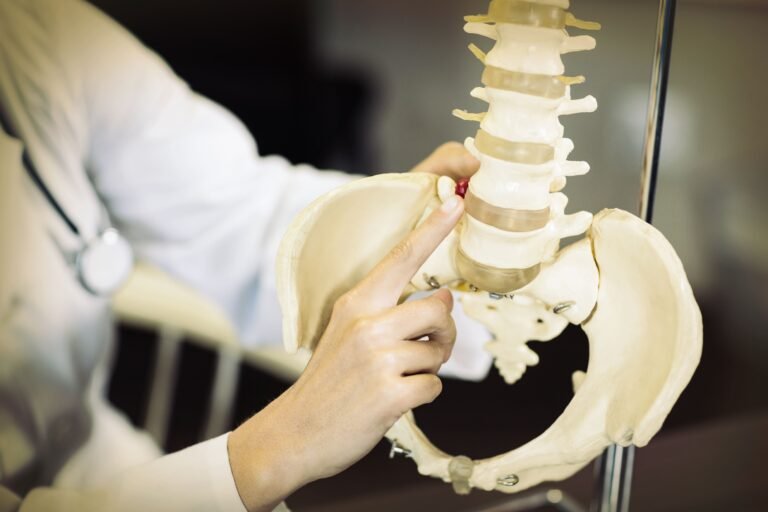
Open Discectomy vs. Microdiscectomy:
Open discectomy and microdiscectomy are often compared due to their similarities. Microdiscectomy is a minimally invasive variant of open discectomy that utilizes a smaller incision and requires less muscle retraction. The advantages of microdiscectomy include reduced postoperative pain, shorter hospital stays, and faster recovery. However, the choice between open discectomy and microdiscectomy depends on the individual patient’s condition and the surgeon’s recommendation.
What Is a Micro Lumbar Discectomy?
Micro lumbar discectomy, also known as Lumbar Open Microscopic Discectomy, is a surgical procedure that utilizes a microscope to enhance visualization during the discectomy. The microscope allows the surgeon to magnify the surgical field, enabling precise removal of the herniated disc material. The benefits of this approach include smaller incisions, minimal disruption to surrounding tissues, reduced postoperative pain, and quicker recovery.
Lumbar Discectomy Surgery Recovery:
The recovery period following a lumbar discectomy surgery varies from person to person. Generally, patients can expect to spend a brief period in the hospital for monitoring before being discharged. Your surgeon will provide you with specific postoperative instructions to follow, including activity restrictions, medication usage, and physical therapy recommendations.
It’s important to allow yourself sufficient time to recover and gradually resume normal activities. Typically, patients can expect to return to work within a few weeks, depending on the nature of their job. However, it’s crucial to follow your surgeon’s guidance to ensure a smooth and successful recovery.
Conclusion:
If you’re seeking an Open Microscopic Discectomy specialist doctor in Mumbai, look no further. Our highly skilled and experienced Open Microscopic Discectomy surgeons in Mumbai are experts in this advanced surgical technique. With their expertise and the use of state-of-the-art equipment, they can effectively treat various spinal conditions, providing relief from pain and restoring mobility. Our clinic offers comprehensive Open Microscopic Discectomy treatment in Mumbai, ensuring personalized care and optimal outcomes for our patients. Whether you require a consultation, diagnosis, or surgical intervention, our team is dedicated to delivering exceptional healthcare services. Contact us today to schedule an appointment with our renowned Dr. Priyank Patel.
If you are in search of the Best Spine Surgeon Mumbai , then look no further than Dr. Priyank Patel. With over 13 years of experience in spinal surgery, he has become one of the most renowned and respected spinal surgeons in the country. He is known for his exceptional surgical skills and patient-centric approach, which has earned him a reputation as one of the most trustworthy and reliable surgeons in the industry. Dr Priyank’s extensive experience in dealing with complex spinal problems has made him a go-to surgeon for patients from across the world. So, if you are looking for a spine surgeon who is not only skilled but also compassionate, then Dr. Priyank is the right choice for you.
Here are some Frequently Asked Questions about ankylosing spondylitis and spine surgery
Open microdiscectomy is a surgical procedure performed to treat a herniated disc in the spine. It involves removing a portion of the herniated disc that is pressing on a nerve, thereby relieving pain and other symptoms.
Open microdiscectomy is performed through a small incision in the back, allowing the surgeon direct access to the affected disc. Other types of discectomy, such as endoscopic or minimally invasive procedures, use smaller incisions and specialized tools to achieve the same goal.
Open microdiscectomy is typically recommended when conservative treatments, such as medication, physical therapy, and injections, have failed to alleviate symptoms of a herniated disc. It is generally considered when the patient experiences severe pain, muscle weakness, or loss of bladder or bowel control due to nerve compression.
The procedure is performed under general anesthesia. The surgeon makes a small incision in the back, usually over the affected disc. The muscles are gently retracted to expose the spine. The surgeon then removes a small portion of the herniated disc or the entire disc if necessary to relieve pressure on the affected nerve. The incision is then closed with sutures or staples.
Like any surgical procedure, open microdiscectomy carries some risks. These may include infection, bleeding, blood clots, nerve damage, and adverse reactions to anesthesia. There is also a small risk of recurrent disc herniation or spinal fluid leakage.
The recovery time can vary depending on the individual and the extent of the surgery. Generally, patients can expect to stay in the hospital for a day or two after the procedure. It may take a few weeks to resume normal daily activities, but strenuous activities and heavy lifting should be avoided for several weeks to allow the surgical site to heal properly.
Open microdiscectomy is intended to relieve the pain and other symptoms caused by a herniated disc. However, individual results may vary, and it is possible that some residual pain may persist after surgery. It is important to follow postoperative instructions and engage in appropriate rehabilitation to optimize the outcome.
Yes, depending on the specific case, alternative treatments may be considered. These can include conservative therapies like physical therapy, medication, spinal injections, or other surgical approaches such as endoscopic discectomy or minimally invasive techniques. The best treatment option will depend on the individual’s condition and the recommendation of their healthcare provider.
Patient Information
Conditions
Treatments
Preventive Care
Our Approach
At The We are spine we offer the most advanced and
effective bespoke treatment packages to suit your needs
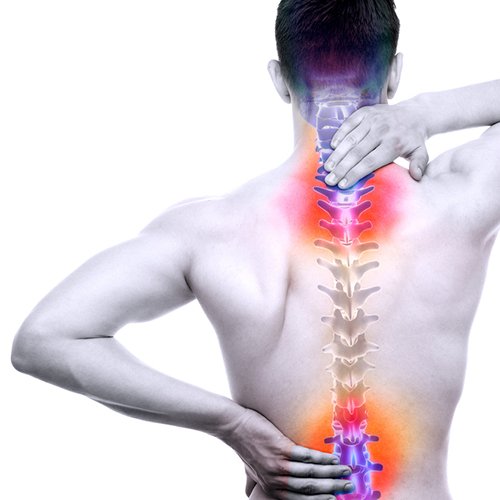
Assessment
For effective pain treatment, it is imperative to diagnose the underlying condition.
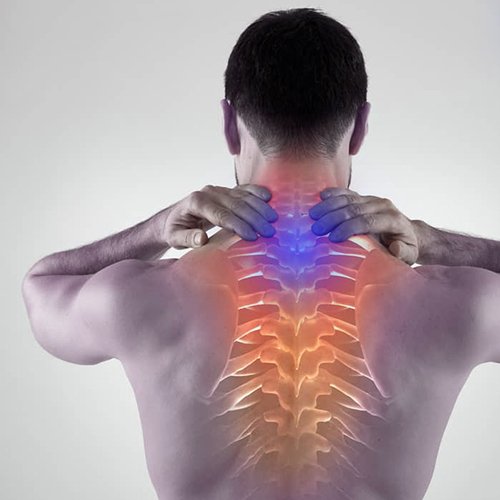
Surgery
We advise surgical intervention only when the risk of surgery is far lower than the risk of leaving…

Rehab
We guide individuals on how to prevent first or recurrent back pain by suggesting lifestyle…
About Dr. Priyank Patel
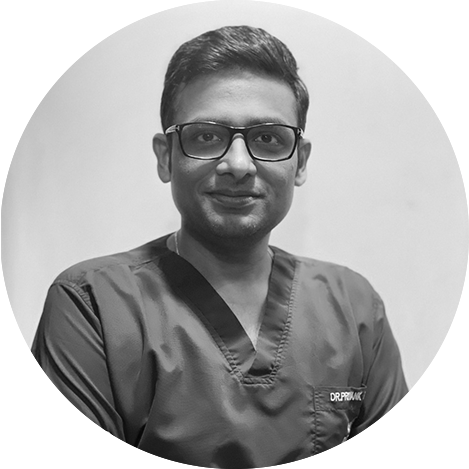
Dr. Priyank M Patel, specialises in the surgical and non-surgical management of spine related disorders with sub specialty in spine tumours. He was credited with being one of the youngest independent surgical consultants in India to have been empanelled in a leading tertiary hospital in Mumbai.
Dr. Priyank Patel with over 13 years of experience in spinal surgery, he has become one of the most renowned and respected spinal surgeons in the country. He is known for his exceptional surgical skills and patient-centric approach, which has earned him a reputation as one of the most trustworthy and reliable surgeons in the industry. Dr Priyank’s extensive experience in dealing with complex spinal problems has made him a go-to surgeon for patients from across the world. So, if you are looking for a spine surgeon who is not only skilled but also compassionate, then Dr. Priyank is the right choice for you.
Patients’ Testimonials
Trustindex verifies that the original source of the review is Google. एक Doctor के रूप मे ईश्वर का वरदान हें dr. Bhojraj आपको spine से सम्बंधित किसी भी समस्या के लिये निश्चित ही bhojraj sir से सम्पर्क कर लेना चाहिए । मेरी सर्जरी भी मार्च 2010 में Lilawati hospital Mumbai में उन्हीं के द्वारा अत्यंत सफलतापूर्वक की गई थी, बहुत सरल,शांत व अपने कार्य को समर्पित व्यक्ति हें dr.Bhojraj sirTrustindex verifies that the original source of the review is Google. One of the finest surgeons in India.His patience, knowledge and demeanor stills confidence. He saved me from an imminent surgery advised by another doctor. Dr Bhojraj looks at a patient and assesses the situation instead of blindly relying on reports. He cured me naturally with extreme patience and care.Hats off to him.A great boon to medical worldTrustindex verifies that the original source of the review is Google. My best 💯 Doctor dr shekhar bhojraj Jai hind sir Aapka dannewaad aap ne mujhe naya Jivan diye thanks🙏🙏🙏🙏🙏Trustindex verifies that the original source of the review is Google. The BEST....Life saviour for us
